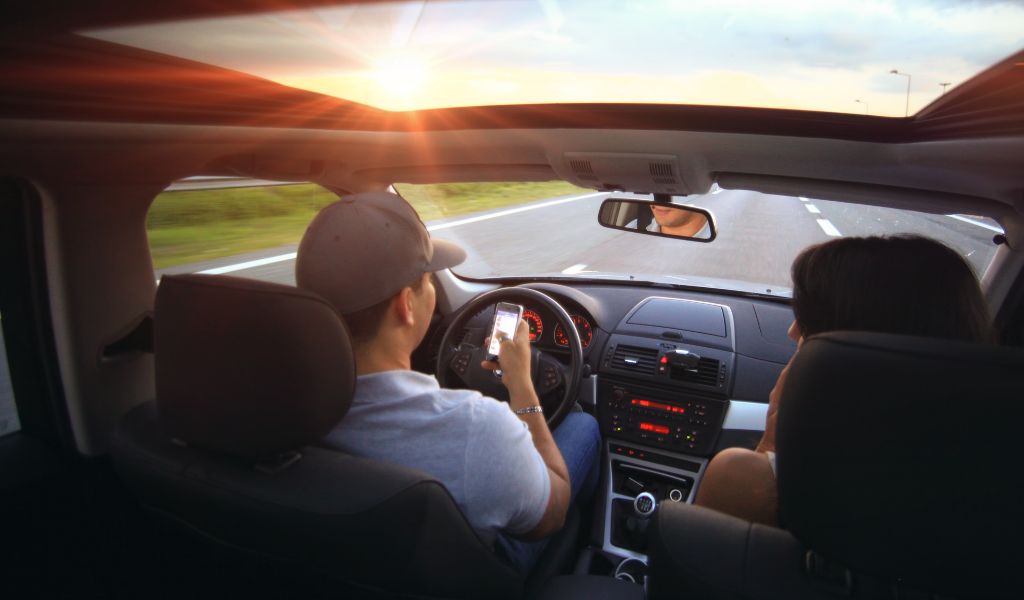Speeding tickets can be an unexpected and unwelcome surprise for any driver. Whether you were caught by a radar or laser device, the consequences can be more than just a financial burden – they can lead to increased insurance rates and even the suspension of your driving privileges. However, before you accept defeat and pay the fine, it’s crucial to remember that you have the right to challenge the ticket. This article delves into effective strategies for contesting speeding tickets in Florida, covering everything from understanding radar and laser technology to presenting your case in court.
Dissecting the Radar and Laser Technology
The cornerstone of many speeding tickets is the technology used to catch you in the act. Radar and laser devices are commonly employed by law enforcement officers to determine a vehicle’s speed. While these devices are touted for their accuracy, they’re not immune to errors. Understanding how they work can be your first step in building a defense.
Radar devices emit radio waves that bounce off a vehicle and return to the device. The shift in frequency between the emitted and received waves is used to calculate speed. Laser devices, on the other hand, emit a focused beam of light that measures the time it takes to bounce off a vehicle and return. Both technologies have their limitations – weather conditions, obstructions, and even nearby vehicles can lead to inaccurate readings. Thus, it’s important to question the reliability of the specific device used to ticket you.
Questioning Calibration and Maintenance Records
Radar and laser devices require regular calibration and maintenance to ensure accuracy. Calibration discrepancies can lead to incorrect speed readings. This is a critical aspect to consider when challenging a speeding ticket. Requesting calibration and maintenance records for the device that caught you can unveil potential issues. If records show that the device was not calibrated as per manufacturer guidelines or hadn’t undergone regular maintenance, it can raise doubts about the validity of the reading and strengthen your defense.
Gathering Evidence: Photos, Witnesses, and Conditions
When contesting a speeding ticket, evidence is your strongest ally. Start with gathering photographs of the area where you were ticketed. Look for obscured signs, obstructed views, or road conditions that could have influenced your speed. Additionally, seek out witnesses who can vouch for your driving behavior and conditions at the time of the incident. Their statements can add credibility to your case and create doubt about the accuracy of the ticket.
Analyzing Traffic Flow and Signage Factors
Understanding the context of the road and traffic conditions is vital. Was the flow of traffic faster than the posted speed limit? Did you have to accelerate to avoid unsafe merging or to pass a slower vehicle? Such factors can be used to argue that you were driving at a speed that was safe and reasonable given the circumstances. Moreover, inadequate or confusing signage can play a pivotal role in your defense. If the speed limit signs were unclear or improperly placed, it could cast doubt on the legitimacy of the ticket.
Presenting Your Case in Court: Tips for Success
When it comes to contesting a speeding ticket in Florida, having a strong strategy and compelling presentation is crucial. Consider hiring an expert traffic ticket lawyer to guide you through the legal process. These professionals specialize in traffic law and can provide valuable insights into building a robust defense. They can help you organize your evidence, craft persuasive arguments, and navigate the courtroom with confidence. Remember, a well-prepared presentation can make a significant difference in the outcome of your case.
Conclusion:
Receiving a speeding ticket doesn’t necessarily mean accepting defeat. Armed with knowledge and a strategic approach, you can challenge the accuracy of radar and laser technology, question calibration records, gather compelling evidence, analyze traffic conditions, and ultimately present a strong case in court. Remember, the legal system is designed to ensure fairness, and you have the right to defend yourself against unjust charges.
Whether you’re delving into the intricacies of radar technology or analyzing traffic flow, each strategy discussed in this article provides you with the tools to contest your speeding ticket effectively. If you’re unsure about the legal intricacies, don’t hesitate to seek the assistance of a traffic ticket lawyer who can navigate the complexities of the courtroom and give you the best chance of a successful outcome.

















